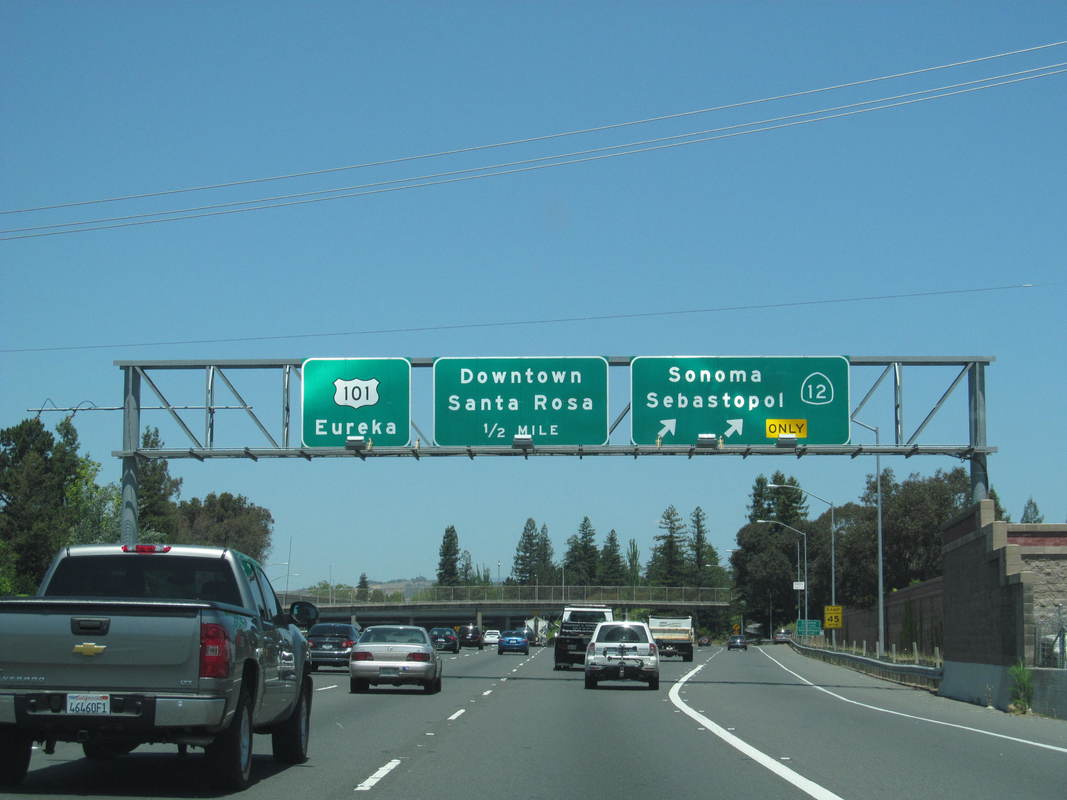General Information on Theft Crimes
It is here in the arena of theft crimes that the judicial system most often sees examples of good, upstanding citizens straying from the straight and narrow path. The umbrella of theft crimes includes offenses such as petty theft, shoplifting, grand theft, carjacking, burglary, robbery, larceny, identity theft, receiving stolen property, embezzlement, and appropriation of stolen property.
Given how often it is that we see these types of crimes being an otherwise law-abiding citizen's only deviation from good citizenship, an experienced lawyer can help try to get their client a second chance, frequently through a court-ordered diversion program.
- Petty Theft (PC § 484 and 488): The stealing of property valued up to $950.
- Grand Theft (PC § 487): The stealing of property valued over $950.
- Shoplifting (PC § 459.5): Entering a commercial establishment while it is open with the intent to commit petty theft therein.
- Auto Theft: The stealing of a motor vehicle.
- Carjacking: Using force or fear to take a vehicle from someone's immediate possession.
- Burglary (PC § 459): Entering any structure with the intent to commit a felony or theft therein. A residential burglary is the entering of a home or "inhabited dwelling" with the intent to commit a felony or theft therein.
- Robbery (PC § 211): The taking of personal property in the possession of another, from his person or immediate presence, and against his will, accomplished by means of force or fear."
- Larceny: The retention of the personal property of another with the intent to permanently deprive the rightful owner of possession.
- Receiving Stolen Property (PC § 496): Purchasing or receiving property that a person knows (or reasonably should know) is stolen.
- Embezzlement (PC § 503): The unlawful taking of property that has been entrusted to them by someone else by fraudulently converting it.
- Appropriation of Lost Property (PC § 485): The finding and then keeping of the personal property of another when the finder has "reasonable means" to discover the rightful owner, without first trying to find the rightful owner and return the item.
Given how often it is that we see these types of crimes being an otherwise law-abiding citizen's only deviation from good citizenship, an experienced lawyer can help try to get their client a second chance, frequently through a court-ordered diversion program.
To schedule a free, no-obligation consultation with Devina Douglas feel free to call her at (707) 408-3529 or get in touch with her online here.
The Law Office of Devina Douglas
700 College Ave.
Santa Rosa, CA 95404
(P) 707.408.3529
(F) 707.948.6097
[email protected]
700 College Ave.
Santa Rosa, CA 95404
(P) 707.408.3529
(F) 707.948.6097
[email protected]





